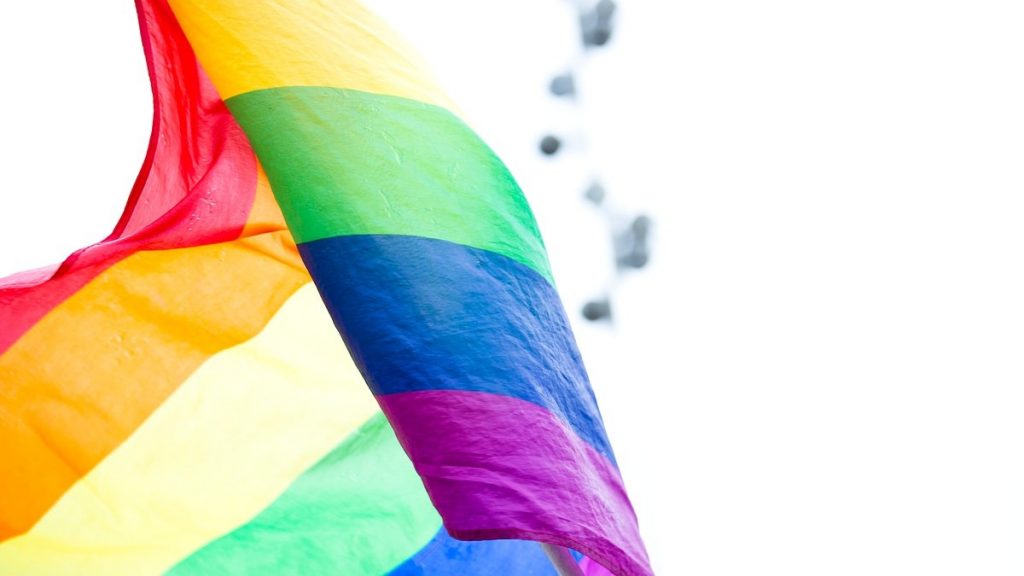The Reason For A School’s Removal Of Pride Flags Is Drawing Criticism
Pride flags were removed from a Morgantown High School in West Virginia, as the district argues that they represented a political movement.
A school district in West Virginia has received criticism for a decision to remove pride flags from its classrooms. The controversy is centered at Morgantown High School in Monongalia County, where the rainbow flags were removed over concerns that they clash with the school district’s policy against participation in political activities. Supporters of the pride flag argue that it represents a spirit of inclusion and that removing it violates students’ constitutional rights to free speech and freedom of expression.
According to Monongalia County School officials, the decision to remove the pride flag was based on a policy adopted in 2020 to keep political speech neutral in public school classrooms. Policy 3231.01 states: “Non-school related activities, including political activities, do not contribute to a positive learning climate and may be disruptive, divisive, and distracting. Therefore, such activities are not appropriate within the school setting.”
Monongalia County Board of Education President Ron Lytle said the policy against pride flags was meant as a blanket statement to remove all flags from the classroom besides the United States and West Virginia flags. Lytle said that the policy is legal and supports enforcing it because it’s currently on the books. However, he plans to ponder the matter before the next school board meeting on Sept. 27.
“Personally, I will develop an opinion over the next two weeks because we’re going to have to make that decision whether if that’s a political flag or not,” Lytle said. “I got a lot of people to talk to and influence and people I got to talk to, to find where they stand on it and I got to try and figure out how we’re going to move forward as a system.”
Parents and educators are split on whether the pride flag ban was a good idea. A poll on West Virginia news station 12WBOY showed an almost even division between whether the pride flag should be included in Policy 3231.01, with 49% voting “definitely” and 45% voting “absolutely not.” The remaining 6% said they related to both sides of the issue.
Political neutrality would seem to create the least offensive environment for all students. Monongalia Deputy Superintendent of Schools Donna Talerico agrees that the classroom should be a place for balanced discourse—not political indoctrination. “It’s not an appropriate place for teachers to express personal political views because of the upcoming election season, ” she said.
Parents and supporters of LGBTQ students who spoke at a recent school board meeting disagree, stating that the pride flag isn’t a political issue but a matter of personal survival. One gay rights activist said that bullying almost led her to commit suicide but a supportive teacher with a gay pride sticker in the classroom talked her out of it. She credits the rainbow sticker for saving her life, presumably because she realized the teacher was an ally she could talk openly about her struggles.
The controversy over pride flags is brewing as neighboring state Virginia decided that its transgender students no longer can access bathrooms and locker rooms according to their chosen gender. Virginia also now prohibits school staff from hiding a student’s gender identity from his or her parents. A major concern in both WV and VA is that these policies will encourage discrimination against LGBTQ students and result in more bullying and exclusion.

Whether pride flags and celebrations belong in the classroom is a hot battleground issue in many other public and private schools around the country. Earlier this year in Texas, parents and school officials argued over the legality of an elementary school’s pride parade that was held without parental knowledge. Other states considering legislation in support of parental privacy rights include Missouri and Florida as the nation as a whole remains divided on LGBTQ rights in schools.







